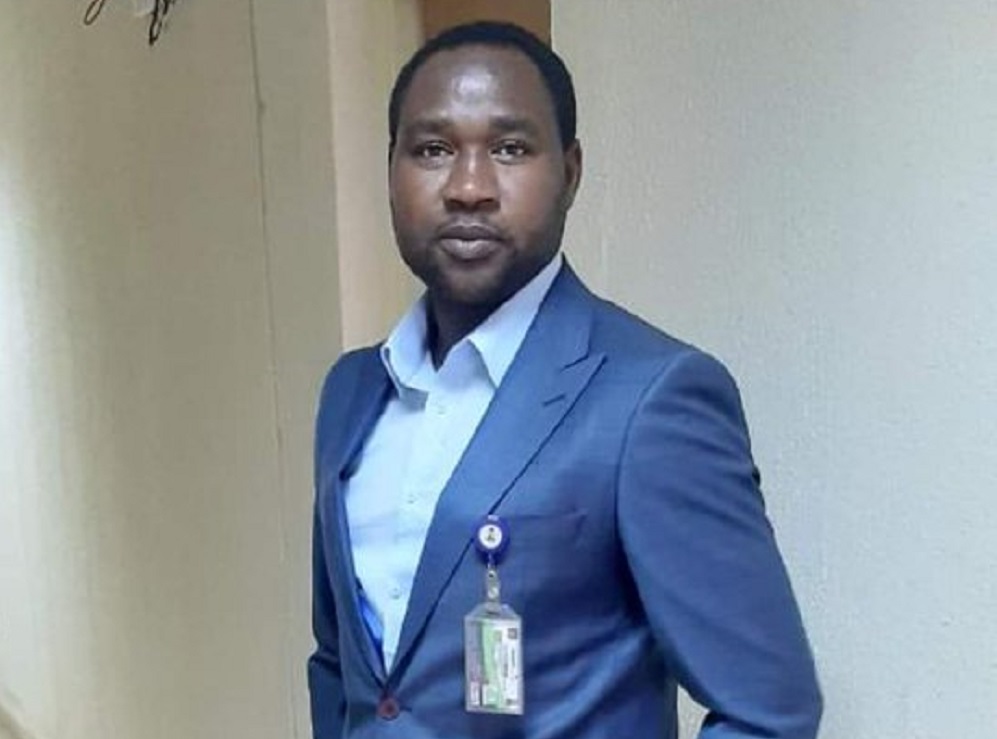Mubarak Bala, a well-known Nigerian atheist and former president of the Humanist Association of Nigeria, has been released after serving over four years in prison for blasphemy.
Bala, 40, was arrested on April 28, 2020, at his home in Kaduna following allegations of blasphemy and incitement linked to controversial Facebook posts.
He was later transferred to Kano, a predominantly Muslim city, where blasphemy is a crime under both Sharia law and Nigeria’s criminal code.
In 2022, the Kano State High Court sentenced him to 24 years in prison after he pleaded guilty to 18 charges, including blasphemy and incitement. The plea surprised many, including his legal team.
However, Bala explained that his decision was made to protect himself and others involved in the case, saying, “I believe what I did saved not only my life but people in Kano… especially those attached to my case, because they are also a target.”
The judgment allowed Bala to walk free from prison in Abuja in late 2024. As he left the prison, Bala looked tired but cheerful as he stood beside his lawyer.
“Everything is new to me,” he said.
However, he expressed ongoing fears for his safety, stating, “Freedom is here, but also there is an underlying threat I now have to face. The concern about my safety is always there.”
During his imprisonment, Bala feared for his life, particularly in the Kano prison, where he believed guards or inmates could have targeted him.
“I felt I may not get out alive,” he told the BBC in an exclusive interview.
Bala’s conviction was widely criticized by international human rights organizations, who questioned Nigeria’s commitment to freedom of expression.
Leo Igwe, founder of the Humanist Association of Nigeria, expressed relief at Bala’s release but lamented the stain on his reputation. “Thanks that he’s out, thanks that he’s a free man. But no thanks, because there is a dent on him as if he committed a crime. For us at the Humanist Association, he committed no crime,” Igwe stated.
Bala now living in a safe house in Abuja but continues to face threats due to his outspoken criticism of religion in a deeply religious society. Nonetheless, he has no regrets about his activism, saying, “My activism, my posting on social media, I always knew the worst would happen. When I made the decision to come out, I knew I could be killed. I knew the dangers, and I still decided to do it.”
Bala’s focus now is on rebuilding his life and reconnecting with his young son, who was only six weeks old when he was arrested.
“The freedom is here, but there is still an underlying threat,” he reiterated.



